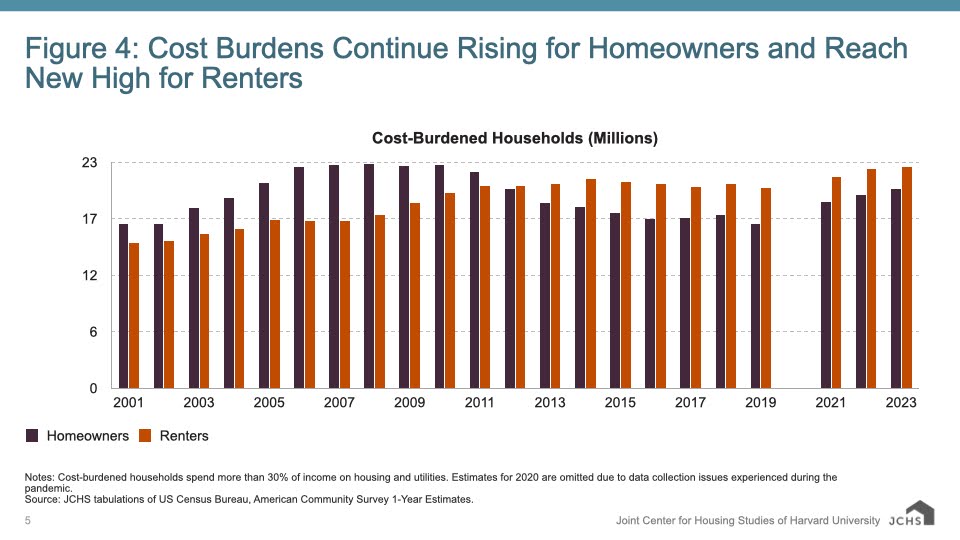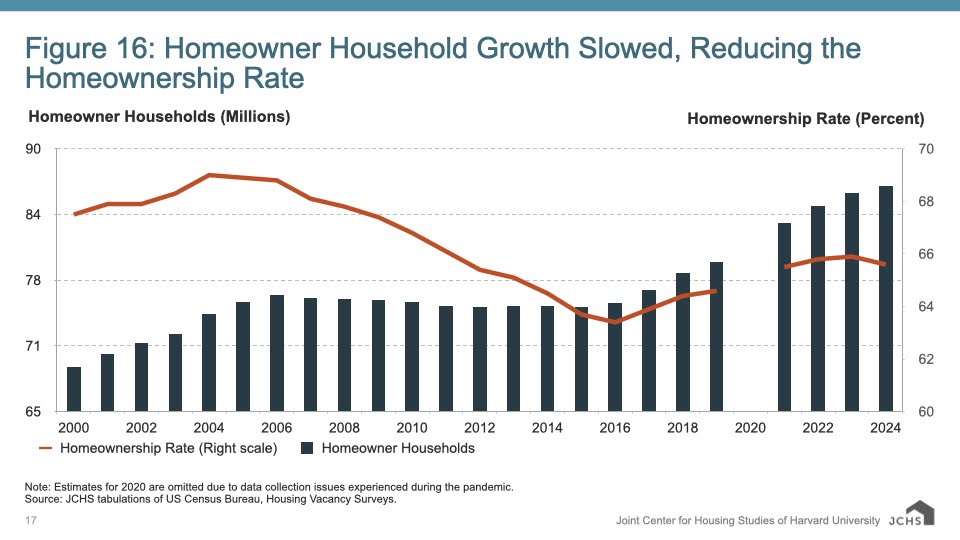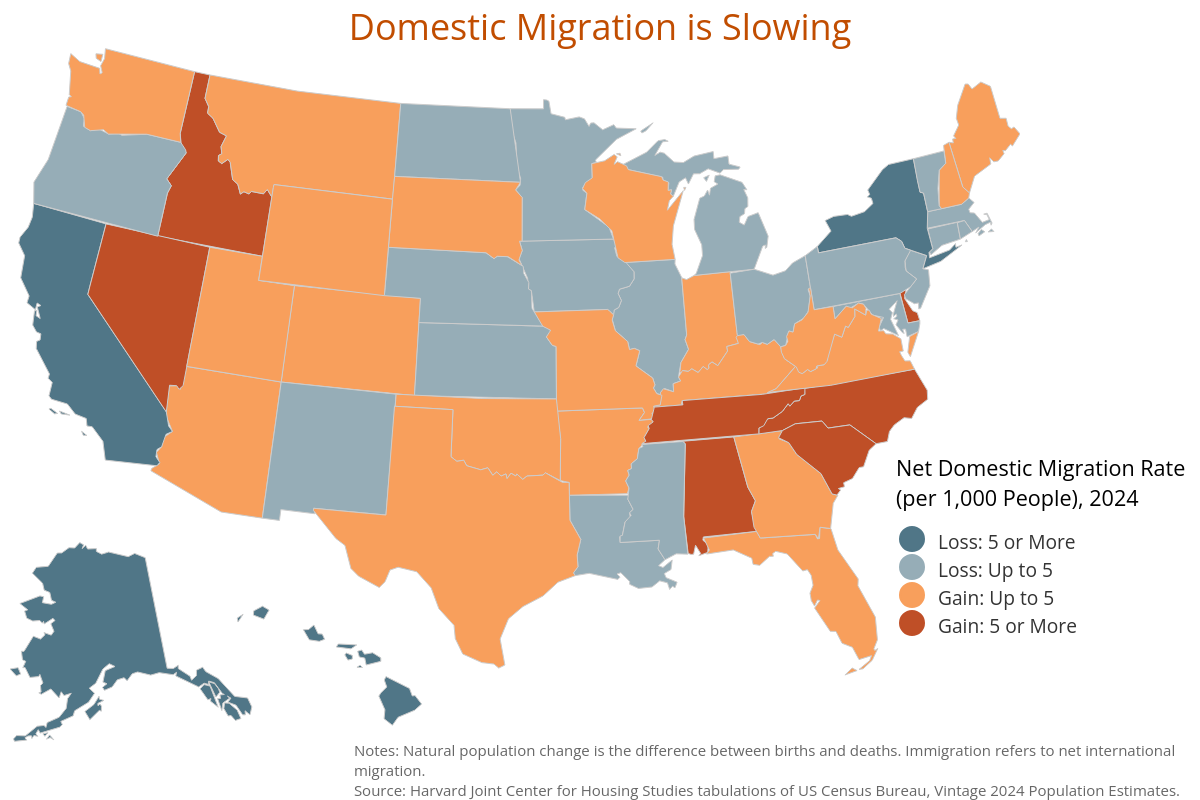Written by Molly Goodman
Our board chair Jonathan Berk was at the Federal Reserve yesterday for the release of the 2025 JCHS State of the Nation’s Housing Report.

The Harvard Joint Center for Housing Studies (JCHS) released its State of the Nation’s Housing 2025 report, and the findings make one thing crystal clear: we have a severe housing shortage, both in Massachusetts and across the entire country. It might be a new report, but it tells the same old story. Prices are up, inventories are down, racial inequities persist, and cost burdens for renters and homeowners alike have hit record highs. If Massachusetts is going to remain a place where individuals and families of all kinds can thrive, we must take bold steps to expand housing opportunities now.
At AHMA, our 2025–2026 policy priorities are aimed directly at the heart of these challenges. The JCHS report not only validates our approach, it underscores why our work is so urgent.
One of the more alarming findings from this year’s report was that the US homeownership rate dipped for the first time in 8 years. Moreover, we saw the biggest reduction in younger, first time homebuyers under 35; “after increasing by an average of 1.5 million per year between 2016 and 2023, the number of homeowner households rose by just 613,000 in 2024 to 86.5 million.”


Massachusetts is already seeing the consequences of our housing crisis in the form of population loss. As the JCHS report highlights, high housing costs are driving people out of expensive metro areas like Greater Boston. According to a recent report from Boston Indicators, ”were it not for offsetting growth from international migration, we’d have been losing population for years. In fact, we’ve recently seen domestic outmigration outpace international in-migration, and our overall population shrank in 2021 and 2022 for the first time in years.” Between 2021 and 2023, Massachusetts lost over 100,000 residents to outmigration, one of the highest rates in the country. The gap between incomes and home prices in our region is simply unsustainable. Without bold action to build more homes and lower housing costs, we risk becoming a state where only the wealthiest can afford to stay, and that’s not a recipe for the growth that Massachusetts needs to thrive.
Massachusetts cannot afford to wait for more housing supply. We need more homes of all types, in all communities, to address the intertwined crises of affordability, racial inequity, and climate resilience. Abundant Housing Massachusetts is committed to making that future possible—but we can’t do it alone.
Join us in building a Massachusetts for everyone.
→ Learn more about our 2025-2026 policy priorities and how you can get involved: abundanthousingma.org/2025-2026-priorities
→ Read the JCHS State of the Nation’s Housing Report: https://www.jchs.harvard.edu/sites/default/files/reports/files/Harvard_JCHS_The_State_of_the_Nations_Housing_2025.pdf


